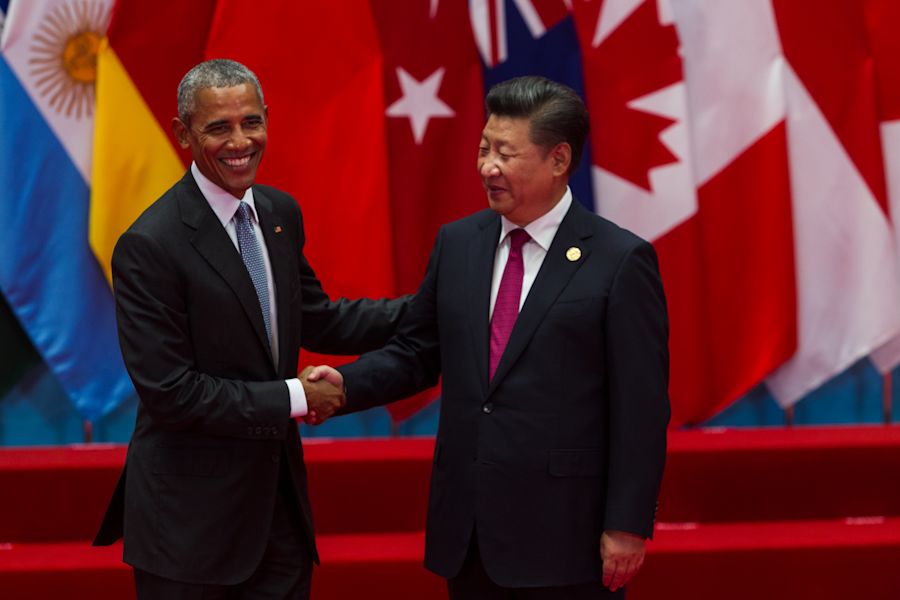Understanding China’s foreign policy
Observers around the globe agree that rising China will shape the future international order. Not least since President Xi Jinping rose to power, China has adopted a more proactive if not assertive foreign policy actively seeking international influence. But how does China want to reconfigure the international order? This question remains contested among international relations and China scholars.
Based on my PhD, my work aims to explain the fundamental contradiction of China’s foreign policy that is the root cause for this controversy. In sharp opposition to its claims, China is not consistently upholding the principle of sovereignty and its constitutive principle of state control in its international affairs. This inconsistency shapes how China impacts the future international order.
In my work, I address this puzzle by means of an anthropological approach aiming to open the black box of the opaque Chinese party-state’s foreign policymaking procedures. For my PhD, I conducted more than 150 in-depth interviews with party cadres, policymakers, senior bureaucrats (such as ministry officials, central bankers or financial regulators), leading think tanks, senior academics and activists aiming to get an insight into internal discussions, dynamics and processes of a party-state under constant transformation. China’s party-state – often purely viewed as a centrally structured and hierarchical entity – has undergone a process of decentralization and fragmentation. The leaders of the People’s Republic further face a looming crisis of the Party’s domestic legitimation at a time when the increase of prosperity due to extraordinary economic growth is no longer guaranteed.
In my work I highlight how trade-offs between competing sources of the Chinese Communist Party’s domestic legitimation and the complex and dynamic structure of the Chinese party-state result in contradictory foreign policy. While China does not act from a position of strength but the foreign policy is the result of domestic vulnerabilities, this does neither imply the country does not aim to project its power internationally nor that it has no significant impact on the future international order. Instead, China’s contradictory foreign policy will contribute to a more particularistic, plural and fragmented international order. Its domestic focus rather limits the capabilities of external actors to change tha calculus that drives the ruling Chinese Communist Party in its foreign policy-making.
Related publications:
Publication, monograph: 2022: Understanding China’s Foreign Policy Contradictions. New York: Oxford University Press.
Publication: Forthcoming (2025, with Alessia Caruso): China-Russia relations in data. Paris: EUISS.
Publication: 2023 (with Una Bērziņa-Čerenkova): Freundschaft mit Grenzen, in: Internationale Politik.
Publication: 2022: China's Global Visition Vacuum. An Opportunity and Challenge for Europe. DGAP Policy Brief. Berlin: DGAP.
Publication: 2017: China and the new International Order. Op-ed, 1 October 2017. EU-Asia Centre. Brussels.


